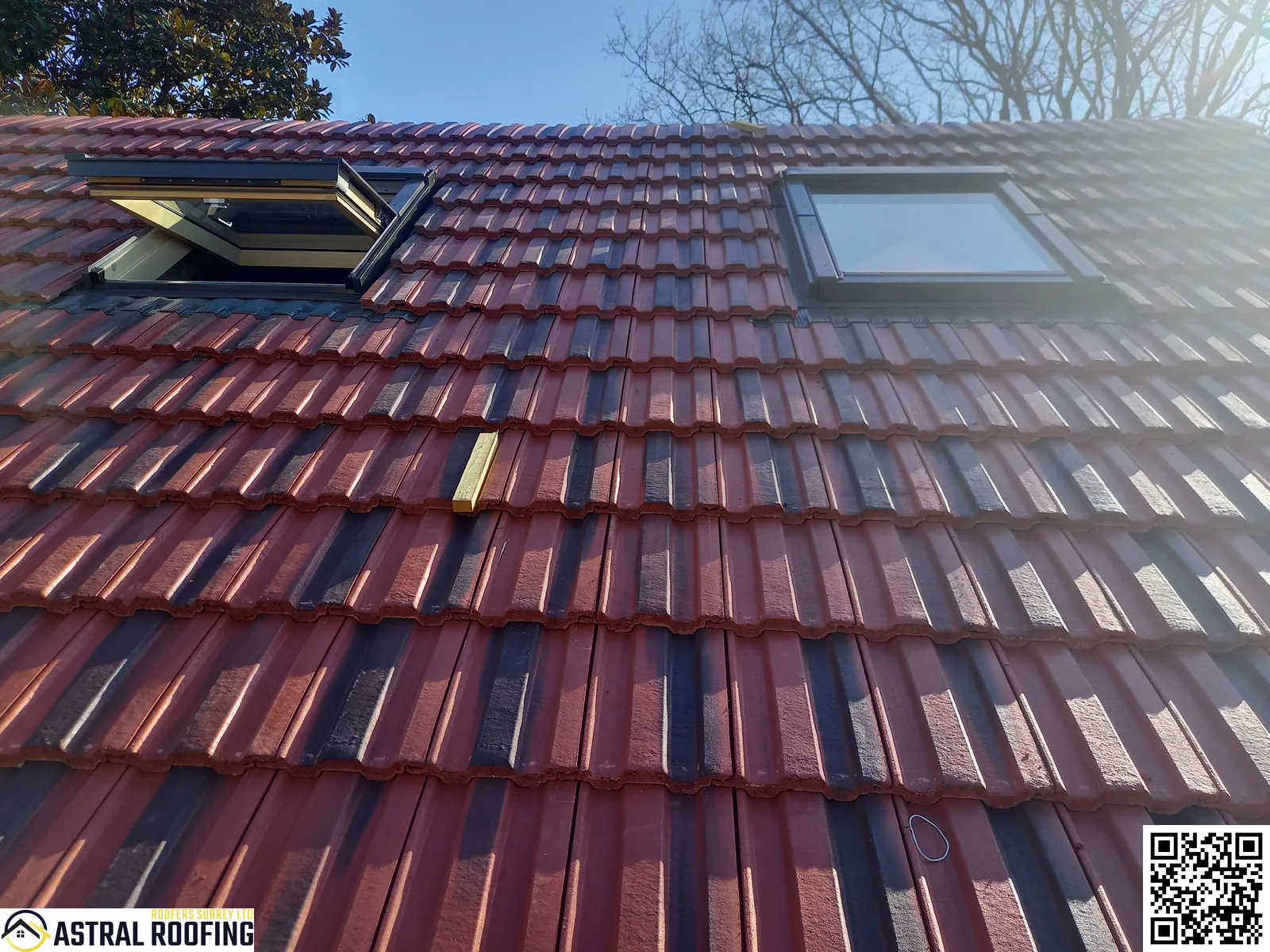Introduction
When it comes to maintaining the integrity of your home, few elements are as crucial as the roof over your head. It's not just about aesthetics; it's about durability, safety, and long-term investment. Understanding the lifespan of different roofing materials can save homeowners significant costs in roof replacement Surrey and maintenance. This article delves into various roofing materials, their lifespans, advantages, and disadvantages, all explained by experts in the field. If you're considering new roof installation or roof repairs Surrey, this guide will provide you with valuable insights.

The Lifespan of Different Roofing Materials Explained by Experts
Roofs come in a variety of materials, each with its unique characteristics that affect longevity. Whether you’re working with a trusted roofing company Surrey or assessing your own home's needs, knowing how long different materials last is essential for planning maintenance and replacements.
1. Asphalt Shingles: The Most Common Choice
Asphalt shingles are one of the most popular roofing materials due to their affordability and ease of installation.
Lifespan
Typically, asphalt shingles last between 15 to 30 years depending on quality and installation.
Pros
- Affordable initial cost Wide range of colors and styles Easy to install
Cons
- Vulnerable to extreme weather conditions Can be prone to algae growth
2. Metal Roofing: Durable and Long-lasting
Metal roofing has gained popularity due to its longevity and energy efficiency.
" width="560" height="315" frameborder="0" allowfullscreen>
Lifespan
Metal roofs can last 40 to 70 years when properly maintained.
Pros
- Highly durable against harsh weather Reflects heat for energy efficiency Low maintenance
Cons
- Higher upfront cost compared to asphalt Noise during rain or hailstorms
3. Clay and Concrete Tiles: Timeless Elegance
Clay tiles offer a classic look while providing excellent durability.
Lifespan
These roofs can last upwards of 50 years or more.
Pros
- Extremely durable Fire-resistant Great insulators
Cons
- Heavy material may require additional structure support Higher installation costs
4. Slate Roofing: A Luxury Option
Slate is often considered the gold standard for roofing materials due to its beauty Roofing company Guildford and longevity.
Lifespan
Slate roofs can last over 100 years if installed correctly.
Pros
- Exceptionally durable Unique aesthetic appeal Environmentally friendly
Cons
- High initial cost Requires skilled labor for installation
5. Wood Shakes: Natural Appeal
Wood shakes lend a rustic charm but require regular maintenance.
Lifespan
Typically lasts around 20 to 40 years depending on climate conditions.
Pros
- Natural aesthetic appeal Good insulation properties
Cons
- Prone to rot Requires regular treatment for pests
6. Synthetic Roofing Products: Innovation in Design
Synthetic roofing options mimic the look of traditional materials but offer enhanced durability.
Lifespan
Can last anywhere from 30 to 50 years based on material composition.
Pros
- Lightweight Eco-friendly options available
Cons
- Variable quality among brands May not have a proven track record like natural products
Factors Affecting Roof Lifespan
Understanding what affects the lifespan of roofing materials is crucial for making informed decisions regarding roof maintenance Surrey or emergency roof repairs.
1. Climate Conditions
Different climates exert varying levels of stress on roofing materials. For instance:
| Climate Type | Impact on Roof Lifespan | |------------------|----------------------------------| | Humid | Increased risk of mold and rot | | Dry | Cracking and fading | | Snowy | Ice dams causing leaks | | Hot/Arid | Rapid wear due to UV exposure |
2. Quality of Installation
A poorly installed roof can lead to numerous problems down the line:
- Inadequate sealing can cause leaks. Improper ventilation leads to moisture buildup. Poorly aligned tiles create gaps for wind damage.
Tip: Always hire certified roofers Surrey for installations or repairs!
3. Regular Maintenance Practices
Regular inspections can identify issues before they escalate into costly repairs:
- Clean gutters regularly. Check for missing or damaged shingles. Schedule professional inspections annually through trusted companies like Guildford roofing specialists.
FAQs About Roof Lifespan
1. How long does a typical asphalt shingle roof last?
An asphalt shingle roof typically lasts between 15 and 30 years depending on quality and environmental factors.
2. What is the lifespan of metal roofs?
Metal roofs generally last between 40 to 70 years if properly maintained and installed by experienced contractors.
3. Are slate roofs worth the investment?
Yes! Although they come with a high initial price tag, slate roofs can last over a century, making them cost-effective in the long run.
4. How often should I inspect my roof?
It’s advisable to conduct an inspection at least once a year or after severe weather events.
5. What should I do if I notice a leak?
Contact emergency roof repairs services immediately! Delaying action could lead to more extensive damage inside your home.
6. Do roofing warranties cover all types of damage?
Most warranties cover defects in material but check specifics as they typically do not cover damages from severe weather events unless stated otherwise.
Conclusion
In conclusion, understanding "The Lifespan of roof installation quotes Surrey Different Roofing Materials Explained by Experts" equips homeowners with vital information necessary for making sound decisions regarding their roofs' maintenance or replacement strategies. Whether you choose asphalt shingles for affordability or opt for slate tiles for longevity, knowing how each material performs over time allows you better manage your home’s upkeep today—and ensures peace-of-mind tomorrow! Be sure always consult with trusted professionals like certified roofers Surrey when undertaking any major work on your home’s exterior; after all, it’s better safe than sorry when it comes down protecting one’s biggest investment!